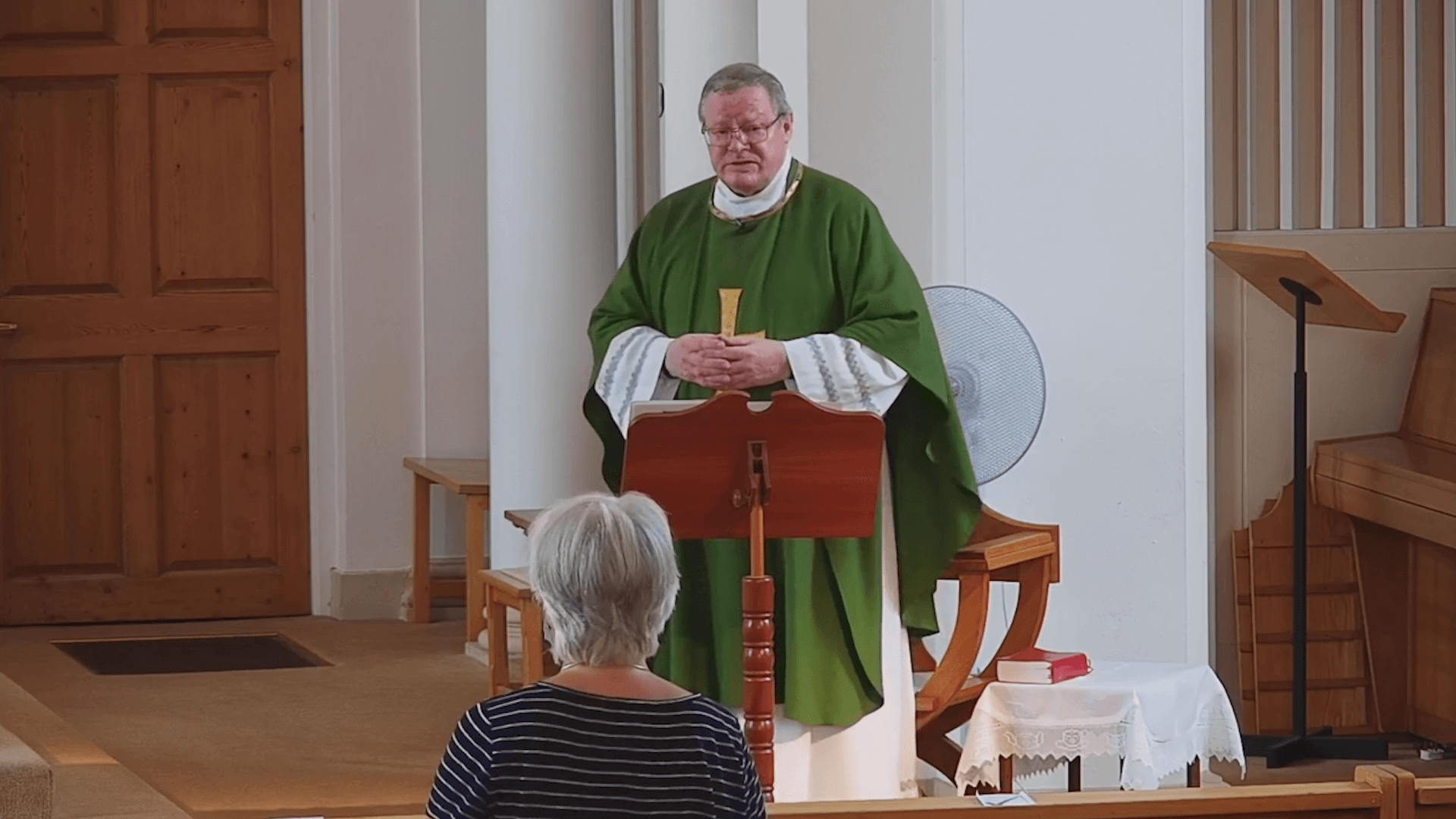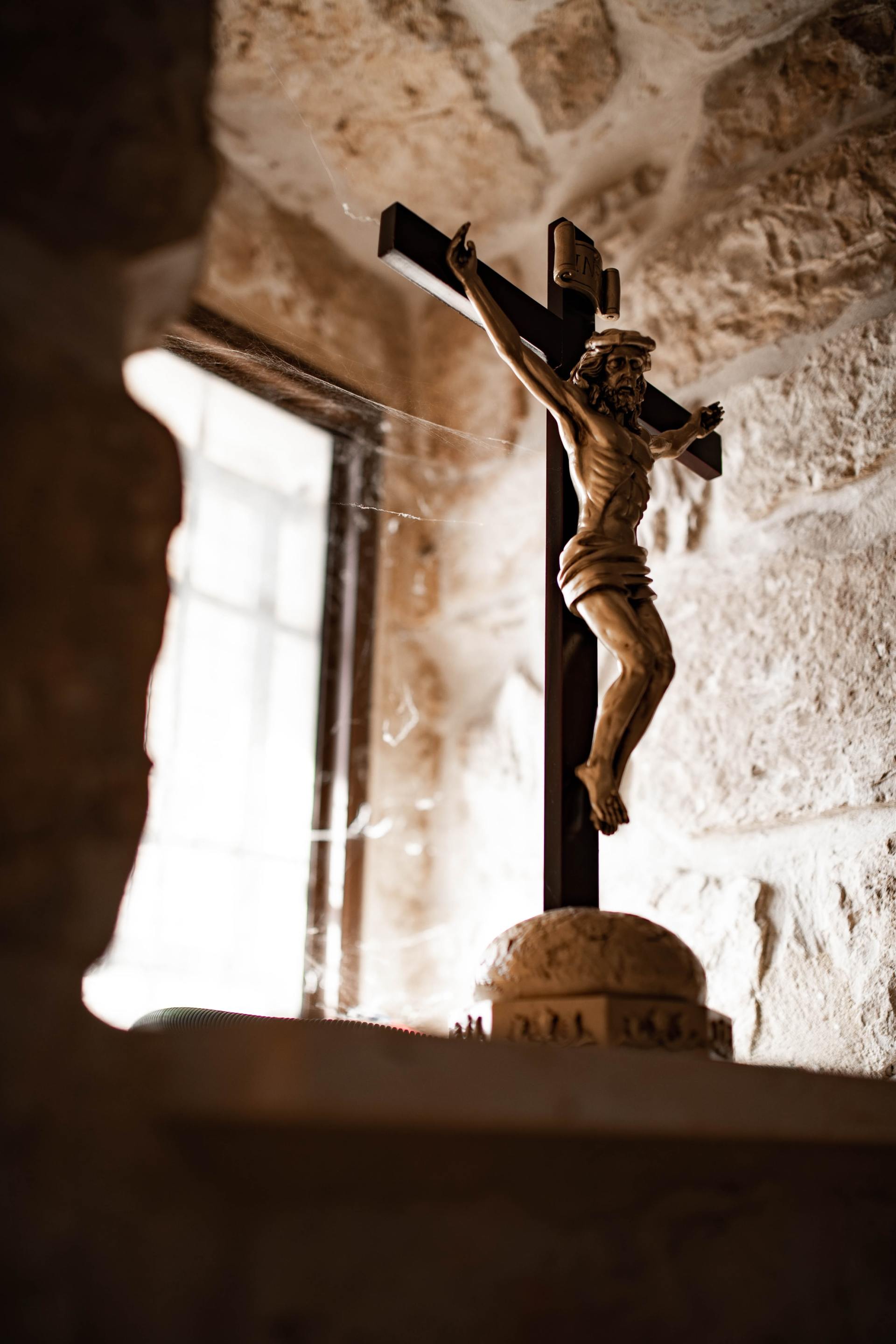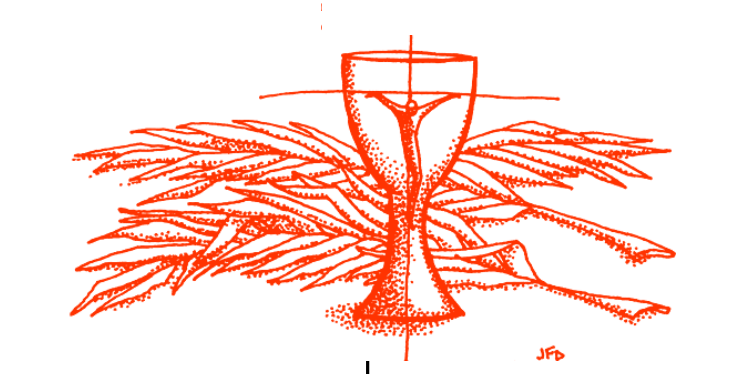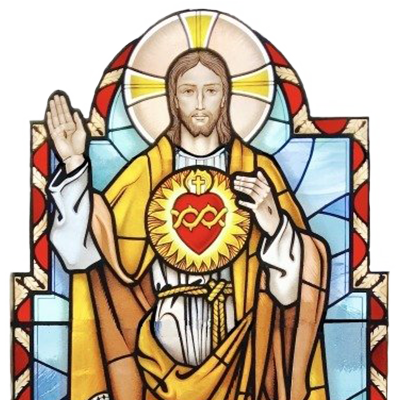Sunday 7th March
We find it easy to admire - even if we do not imitate - the compassionate Jesus, but an angry Jesus armed with a corded whip, driving traders and moneychangers out of the Jerusalem temple and upturning their tables may shock us. This gospel does not actually use the word ‘angry,’ but Jesus’ actions are played out against the backdrop of the ‘zeal’ of Psalm 69:10, and the burning passion of the psalmist for God and the house of God, the Temple, that Mark places in the mouth of Jesus. This is the zeal that will consume Jesus in the hot noon of Calvary.
The cause of Jesus’ anger is not so much the money exchange or animal trading in the outer court of the temple. Foreign coinage that bore pagan or imperial images could not be accepted for the half-shekel tax for the upkeep of the temple sanctuary, and so it had to be exchanged for acceptable temple currency with which to pay this tax and also buy sacrificial animals. John writes that “the Passover of the Jews was near,” and so those flocking to Jerusalem to celebrate this feast from all over the Roman Empire needed to buy the animals required for participation in the temple worship and the domestic rituals. They could do this most conveniently at the temple. Jesus is not unaware of the need for the money exchange, nor so naïve as not to know that petty pilfering and profiteering can be involved in these transactions. Something much more radical is happening: the reclamation of the holy place from marketplace to his Father’s house; from empty, atrophied ritual to living worship.
By his ‘parable in action,’ Jesus momentarily terminates the temple worship, reclaims it from chaos and commerce, and cleanses the privileged piece of creation that is his Father’s house of prayer. No doubt a few hours later the tables were again in place, animals led back in, coins exchanged - with plenty to talk about.
Yet the disturbing Jesus does not disappear from the scene; he has more ‘table turning’ to do. He stays to answer criticism of his opponents who can see no further than the temple built over forty-six years by human hands or who refuse to imagine or tolerate any alternatives to the religious practices and institutions that they consider faultless and unchangeable. In this Jesus stands in the line of the Hebrew prophets like Isaiah, Jeremiah, Hosea, and Amos, who angrily and zealously denounced triumphalism and absolutism in worship. Jesus, too, will suffer the fate of so many prophets before and after him: rejection, persecution, even death. Jesus dares to name himself as the new and living temple in which the divine presence dwells. Ultimately, the sanctuary of his body will be destroyed in his passion and death, only to be raised again in three days. It is only after these events that his disciples will remember and understand Jesus’ words.
The contemporary Church cannot consider itself beyond the reach of Jesus’ whip or overturning hands. When Church leaders connive with unjust and tyrannical civil leaders, when fundraising takes precedence over faith raising, when we refuse to tolerate or even imagine alternatives to religious practices and institutions (even when some of these are obviously in their death throws), when nostalgia for past liturgical practice resists the leading of the Holy Spirit into the future envisaged by Vatican II, then ecclesial ‘cleansing’ is needed by prophets driven by that Spirit of Jesus. And, like Jesus, these men and women may often be torn down and destroyed - but ultimately raised up by him. For us who are living stones in the temple of Christ’s Body, Lent is also a time for cleansing the deep personal sanctuary of our hearts, for driving out of our lives whatever clutters our discipleship, blocks our ears to the word of God and the prophets, and distracts us from trading justly and lovingly with the gifts God has given to us.









